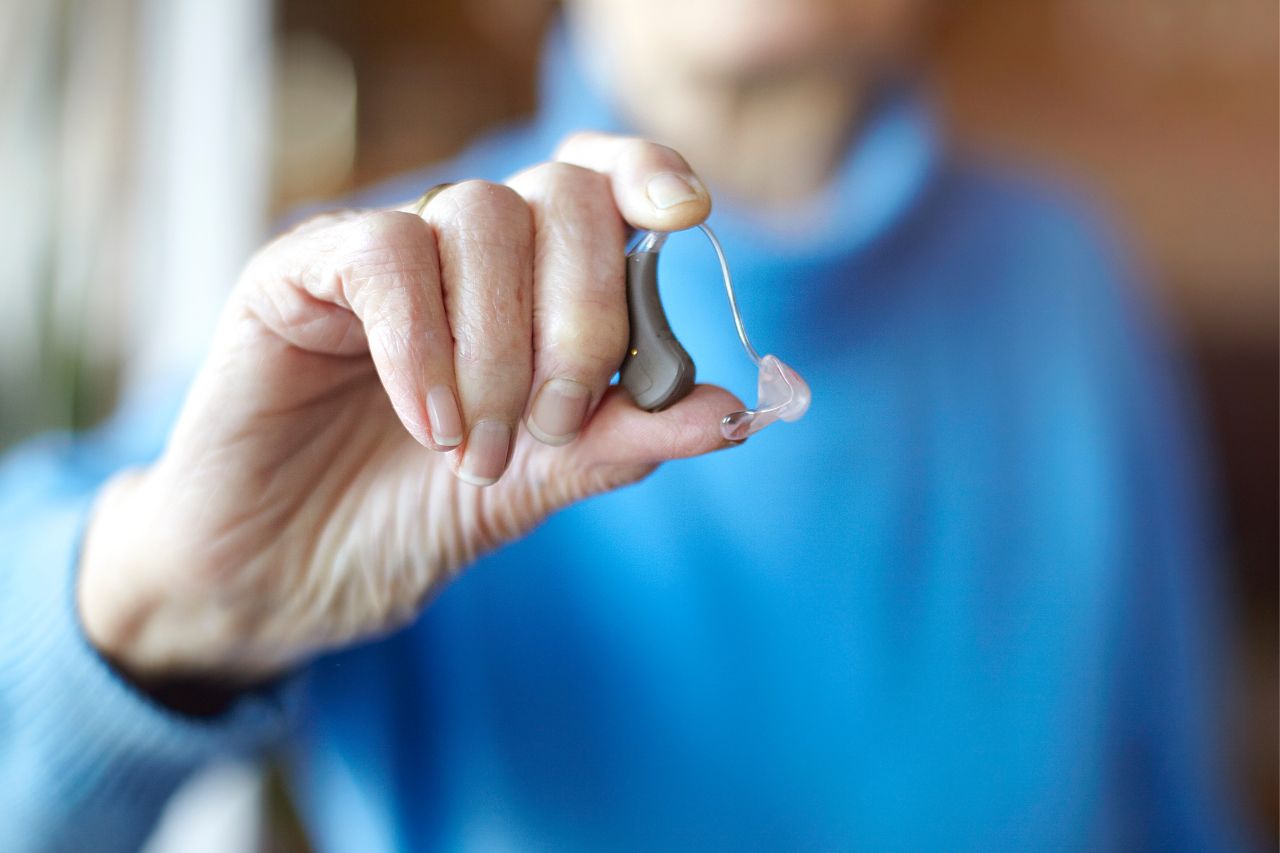What Is Auditory Processing Disorder?

Auditory processing disorder is a condition where the brain has trouble interpreting sounds. It’s a hearing disorder, but it isn’t hearing loss, a learning disorder, or a lack of understanding of spoken words. It also doesn’t result from conditions like attention deficit hyperactivity disorder (ADHD), autism spectrum disorder (ASD), or dyslexia.
Instead, auditory processing disorder is an issue with how the brain processes clearly heard sounds. For example, you might say to someone with this condition, “It’s a sunny day,” but they believe you said, “It’s a funny way.” Auditory processing disorder can develop at any age, but the symptoms typically first appear in childhood.
Signs of Auditory Processing Disorder
Symptoms of auditory processing disorder (APD) may include:
- Asking people to repeat themselves frequently
- Misunderstanding what others say
- Trouble understanding speech, especially with background noise or when multiple people are talking
- Taking longer to respond when talking with people
- Difficulty determining where sounds are originating
- Trouble distinguishing between similar sounds
- Not enjoying music or struggling to learn it
- Problems concentrating or paying attention
- Trouble understanding people who speak rapidly
- Problems understanding complex spoken information
What Causes Auditory Processing Disorder?
Experts aren’t sure what causes auditory processing disorder, but they’ve identified several possible risk factors, including:
- Genetics
- Problems during or shortly after birth, including low birth weight, lack of oxygen to the brain, and jaundice
- Developmental issues affecting the brain’s auditory processing area
- Recurring ear infections
- Neurological changes that occur as we age
- Multiple sclerosis, head injuries, infections like meningitis, or other events that cause neurological damage
Auditory Processing Disorder Tests
Diagnosing auditory processing disorder typically involves assessments from multiple healthcare experts, including audiologists, speech-language therapists, and psychologists. Some of the things they determine through testing are:
- Whether the patient has hearing loss
- The patient’s ability to comprehend speech under various conditions (with background noise, multiple speakers, etc.)
- Whether the patient can detect subtle changes in the pitch or intensity of sounds
- The person’s ability to recognize sound patterns
- How the brain responds to different sounds (using electrodes)
Input from a child’s teachers can also play a role in diagnosing APD.
Auditory Processing Disorder Treatment
Some people diagnosed with auditory processing disorder before age 13 grow out of it as the brain’s sound-processing area matures, but there is no cure for APD.
However, there are ways to address the symptoms. APD treatment varies based on the patient’s needs but focuses on three main areas.
Environmental changes
- Reducing background noise by turning off or moving devices like fans, using carpeting or rugs as opposed to hard flooring that reflects sounds, etc.
- Using visual aids in classrooms or meetings
- Sitting close to the speaker in meetings or presentations
- Using assistive technology to transmit sound directly to the ears
Sound analysis training
- Learning to differentiate between sounds and sound patterns more clearly
- Developing the ability to focus on specific sounds in loud environments
- Practice identifying where sounds are coming from
Compensatory strategies
- Using “active listening” techniques like paying closer attention to body language
- Learning to use mnemonic devices (like creating rhyming sentences that incorporate crucial facts) and other memory techniques
- Anticipating the likely flow of a conversation or information being presented
Learn More About Auditory Processing Disorder from Baptist Health
Auditory processing disorder is a complex condition that can be confused easily with hearing and behavioral disorders.
If you or a loved one is experiencing APD symptoms, talk with your Baptist Health doctor. They can collaborate with audiologists and others to provide a diagnosis and recommend treatment.



.png?rev=69f3814f012b4f3198cb9fabadc98e2b)